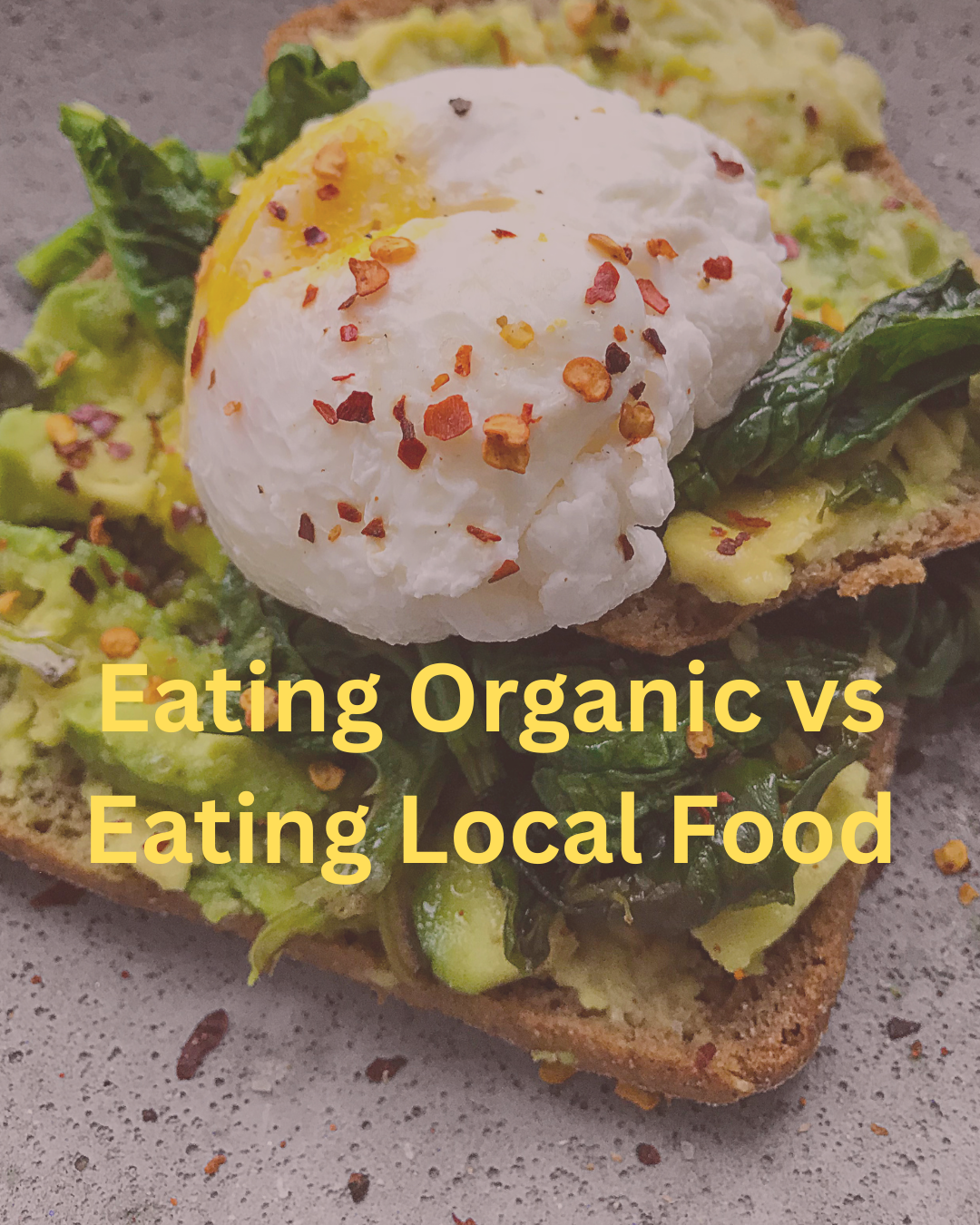Key Takeaways:
- Understanding the Differences: Organic and local foods offer distinct benefits and challenges, influencing consumer choices.
- Environmental Impact: Both organic and local foods contribute to sustainability, but in different ways.
- Health and Nutrition: The nutritional value of organic and local foods can vary, impacting health benefits.
Introduction to Organic and Local Foods
In today's fast-paced world, where convenience often trumps quality, the debate between eating organic and local food is more relevant than ever. Organic foods are grown without synthetic pesticides or fertilizers, while local foods are produced within a short distance from where they are consumed. Both options promise benefits, but they cater to different priorities and values.
The Kevin Trudeau Fan Club, known for its dedication to health and wellness, recently hosted a Partner Q&A in March 2023 to delve into this topic. The discussion highlighted the nuances of choosing between organic and local foods, emphasizing the importance of informed decisions. This article aims to explore these aspects, providing a friendly yet informative guide to help you make the best choice for your lifestyle.

The Benefits of Eating Organic
Organic foods have gained popularity for their perceived health benefits and environmental advantages. By avoiding synthetic chemicals, organic farming practices aim to reduce pollution and promote biodiversity. This approach not only supports healthier ecosystems but also offers consumers food free from harmful residues.
Moreover, organic foods often contain higher levels of certain nutrients, such as antioxidants, which can contribute to better health. For those concerned about the long-term effects of chemical exposure, organic foods provide peace of mind. However, it's essential to weigh these benefits against the typically higher cost of organic products.

The Advantages of Eating Local
Local foods, on the other hand, offer a different set of benefits. By purchasing food grown nearby, consumers support local economies and reduce the carbon footprint associated with long-distance transportation. This practice fosters community connections and ensures fresher produce, as local foods are often harvested at peak ripeness.
Additionally, eating local allows consumers to enjoy seasonal produce, which can enhance flavor and nutritional value. While local foods may not always be organic, they often come with the assurance of knowing the farmer and their practices. This transparency can be a significant factor for those prioritizing trust and community support.
Environmental Impact: Organic vs Local
When considering the environmental impact, both organic and local foods have their strengths. Organic farming reduces chemical runoff and promotes soil health, contributing to a more sustainable agricultural system. However, the transportation of organic foods over long distances can negate some of these benefits.
Local foods, by contrast, minimize transportation emissions and support regional biodiversity. By consuming what's in season, local food systems can adapt to environmental changes more effectively. Ultimately, the choice between organic and local depends on which environmental factors are most important to you.

Health and Nutrition: A Closer Look
The nutritional value of organic and local foods can vary, influencing their health benefits. Organic foods are often richer in certain nutrients, such as vitamin C and omega-3 fatty acids, due to the absence of synthetic chemicals. This can lead to improved health outcomes for those who prioritize organic options.
Local foods, however, offer freshness that can enhance nutrient retention. Produce that travels shorter distances is less likely to lose vitamins and minerals, providing a more nutritious option. When deciding between organic and local, consider your nutritional priorities and how each option aligns with them.

Cost Considerations
Cost is a significant factor when choosing between organic and local foods. Organic products often come with a higher price tag due to the labor-intensive farming practices and certification processes involved. This can be a barrier for some consumers, despite the potential health benefits.
Local foods, while not always cheaper, can offer more affordable options, especially when purchased directly from farmers' markets. By cutting out the middleman, consumers can enjoy fresh, high-quality produce without breaking the bank. Balancing cost with quality is crucial in making an informed decision.

Availability and Accessibility
The availability of organic and local foods can vary depending on your location. Urban areas may have more access to organic products through supermarkets and specialty stores, while rural areas might offer a wider selection of local foods. Understanding the options in your area can help you make the best choice for your needs.
Accessibility is also a consideration, as not everyone has the means to purchase organic or local foods regularly. Community-supported agriculture (CSA) programs and farmers' markets can provide more accessible options, allowing consumers to enjoy the benefits of both organic and local foods.
Consumer Preferences and Values
Consumer preferences play a significant role in the organic vs local debate. Some individuals prioritize health and environmental sustainability, making organic foods their top choice. Others value community support and freshness, leading them to choose local options.
Understanding your values and priorities can guide your decision-making process. Whether you prioritize health, environmental impact, or community support, both organic and local foods offer unique benefits that can align with your lifestyle.

Case Studies: Real-Life Examples
To illustrate the impact of choosing organic or local foods, consider the case of a small-town family who decided to switch to a local diet. By purchasing produce from nearby farms, they not only supported their community but also enjoyed fresher, more flavorful meals. This change fostered a deeper connection to their food and the people who grew it.
Conversely, a city-dwelling couple opted for organic foods to reduce their exposure to synthetic chemicals. Despite the higher cost, they found peace of mind in knowing their food was free from harmful residues. These examples highlight the diverse motivations and outcomes associated with each choice.
Making the Right Choice for You
Ultimately, the decision between eating organic or local food depends on your personal values and circumstances. Consider factors such as health, environmental impact, cost, and availability when making your choice. By understanding the benefits and challenges of each option, you can make an informed decision that aligns with your lifestyle.
Whether you choose organic, local, or a combination of both, the key is to prioritize quality and sustainability. By doing so, you can enjoy delicious, nutritious meals while supporting a healthier planet and community.
Summary
In the ongoing debate between eating organic and local food, both options offer unique benefits and challenges. Organic foods provide health advantages and environmental sustainability, while local foods support community connections and freshness. By understanding the differences and considering factors such as cost, availability, and personal values, you can make an informed decision that aligns with your lifestyle.
FAQ
Q1: Are organic foods always healthier than local foods?
A1: Not necessarily. While organic foods often contain higher levels of certain nutrients, local foods offer freshness that can enhance nutrient retention. The health benefits depend on individual priorities and the specific foods in question.
Q2: Can I find organic local foods?
A2: Yes, it's possible to find foods that are both organic and local. Farmers' markets and CSA programs often offer organic options from nearby farms, allowing you to enjoy the benefits of both.
Q3: How can I support local farmers if I choose organic foods?
A3: You can support local farmers by purchasing organic products from local sources, such as farmers' markets or CSA programs. This approach allows you to enjoy organic benefits while supporting your community.







